Disclosure: This article may contain affiliate links. If you decide to make a purchase, I may make a small commission at no extra cost to you.
Millions of people suffer from allergies, and the prevalence has been increasing for decades. The in the US, there was a 50% increase in allergies in children from 1997 to 2011. Could poor diet be the reason for this? And are natural compounds in foods like quercetin and bromelain helpful in providing relief from common allergies?

Research suggests that diet plays an important role in the regulation of our immune system. This became obvious to me when I switched to a healthy diet after eating a standard junk food diet when I was younger. Within months of adopting a healthy, well-balanced diet, my hay fever allergy mostly disappeared.
I was told that it had nothing to do with my diet and I would eventually just grow out of it. But I really doubt it was a coincidence that the moment I threw away the rubbish and started eating fruits and vegetables, things got a lot better.
After doing a bit of research, I came across some research about quercetin and its beneficial effects on the immune system and how it helps manage allergies.
I had been eating a lot of foods which were naturally high in quercetin, so maybe that was part of the reason I had been doing a lot better.
What is Quercetin?

Quercetin is a flavonoid or pigment that is found in many different fruits and vegetables such as red onions, red apples, berries, grapes, broccoli etc.
Many people opt to take quercetin supplements because it can be difficult to obtain significant amounts of quercetin from diet alone.
Quercetin is also just one form of a variety of different flavonoid glycosides which includes rutin and quercitrin.
Known health benefits of quercetin
- Antiviral
- Antibacterial
- Has anti-allergic properties
- Balances immune system
- Inhibits histamine
- Suppresses overactivated of the immune system and pro-inflammatory cytokines
- Prostatitis and bladder inflammation
Foods high in quercetin
Below is a list of some commonly eaten foods which are naturally high in quercetin (per 100 grams)
- Dill 55 mg
- Cilantro 53 mg
- Red Onion 32 mg
- Kale 23 mg
- Cranberry 15 mg
- Sweet potato 10 mg
- Red Apples 4 mg
- Broccoli 3 mg
- Bilberry 3 mg
- Green tea 2 mg
How Quercetin helps to provide allergy relief
Quercetin is mostly known for its antioxidant effects, but it is also able to modulate the immune system and prevent the formation of antibodies associated with allergies.
It also inhibits key immune cells in the allergy response such as lipoxygenase, eosinophils, peroxidase and other inflammatory mediators which are increased when exposed to allergens.
Quercetin has been shown to be more effective in inhibiting pro-inflammatory cytokines than commonly prescribed allergy medications.
In one study published in 2015, researchers gave a food supplement which contained quercetin to patients and saw a significant improvement in symptom scores.
Patients had less sneezing, runny nose, obstruction, eye itching, as well as less red and inflamed eyes.
- 70% reduction in symptoms scores.
- 73% reduction in the use of anti-allergic drugs.
Earlier results in animals showed that quercetin was indeed effective in preventing allergic rhinitis by reducing the expression of pro-inflammatory mediators. (study)
What is bromelain?

Bromelain is a powerful enzyme which is mainly found in Pineapples. You can also find bromelain added to various food supplements including quercetin.
Bromelain has many studies to back up its amazing benefits. It’s also been found to be very useful in improving the bioavailability of quercetin and certain medications like antibiotics.
Bromelain has many potential uses when it comes to health and natural healing. Some of the health problems bromelain has been shown to be of benefit in clinical studies include the following.
Known benefits of bromelain
- Swelling and edema
- Allergies
- Connective tissue injuries
- Bruising
- Digestive problems
- Asthma
- Sinusitis
- Increasing absorption of antibiotics such as doxycycline
- Increasing absorption and bioavailability of quercetin
- Pain relief
- Burns
See more on the therapeutic applications of bromelain. These are only just a few of the benefits reported to date.
How bromelain helps to provide allergy relief
Bromelain by itself, even without quercetin can provide relief from the symptoms associated with allergies because it has powerful effects in helping block inflammation and improving healing time.
People who have allergies can also be at greater risk of developing secondary problems such as bacterial sinusitis.
This occurs due to blockages in the sinuses in the nose, cheeks, and forehead.
In a study involving 12 patients who suffered from chronic rhinosinusitis, researchers gave bromelain tablets and measured improvements in their quality of life. By the end of three months, all symptoms improved and there was a noticeable improvement as seen by doctors who performed a rhinoscopy on the patients.
In another study published in 2012, researchers looked at the effects of bromelain on airway inflammation in a murine model of asthma and found that bromelain treated animals had significantly reduced levels of interleukins IL-4, IL-12, IL-17, and IFN-a. This suggests that bromelain could be an effective therapy for people with allergic asthma.
Bromelain helps allergies in 3 ways:
- Improves swelling and inflammation
- Reduces immune system response to allergens
- Improves healing time
How should you take bromelain?
To get the most benefit from taking bromelain, it is best for you to take it on an empty stomach. There are supplements available which contain both quercetin and bromelain. Or you can buy bromelain only.
It’s almost impossible to get between 500-1500 mg of quercetin per day from just diet alone. Supplements are basically the only way to achieve the same kind of doses as was used in studies’ that used quercetin for allergies.
I’d also recommend trying quercetin and bromelain together for a more powerful effect.
Nature’s medicine
Natural compounds such as quercetin and bromelain which are found in commonly consumed foods and also available as supplements, can very helpful alternatives in providing relief from allergies.
I’ve personally taken quercetin + bromelain on and off throughout the years to help with various problems I was trying to resolve. And although I never found that this supplement was a “cure” by itself, I believe it did help me when combined with other things to treat the problem.
Nature has provided us with many things we can use in our everyday life to improve our health and well-being!
If only I knew when I was in high school that simple things like bromelain and quercetin could significantly improve my allergies! I would have spent a lot less time sneezing and rubbing my eyes, and more time having fun in the sun! 🙂
People who suffer from allergies are soon going to be suffering again. So if you’re one of them, make sure to try eating more foods with quercetin and bromelain and try a supplement which has them.

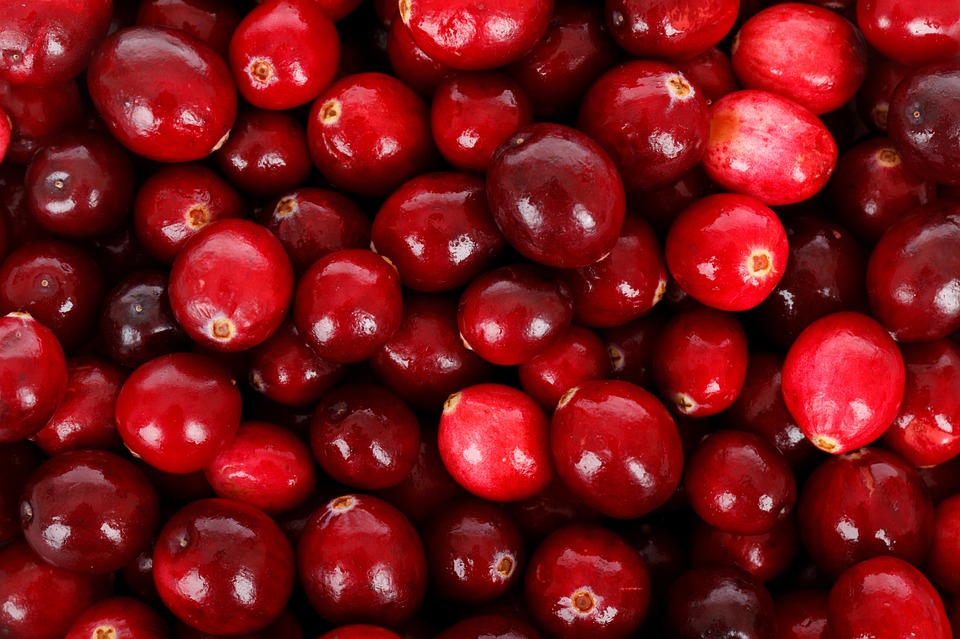
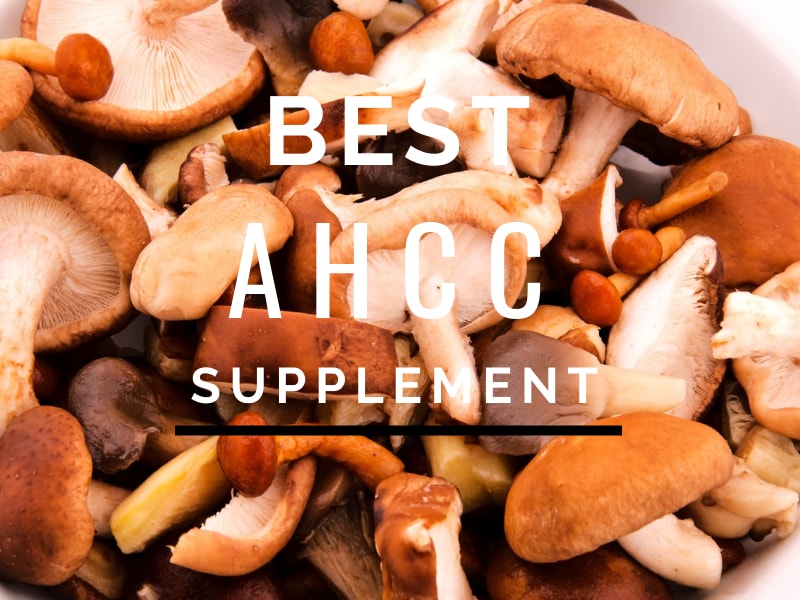
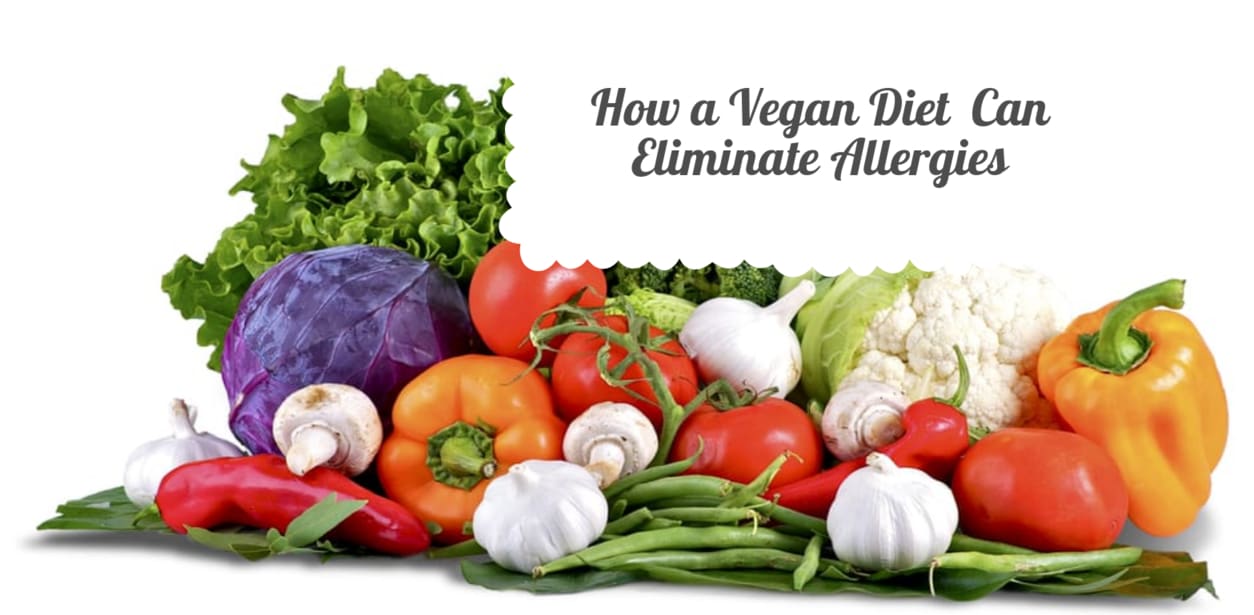
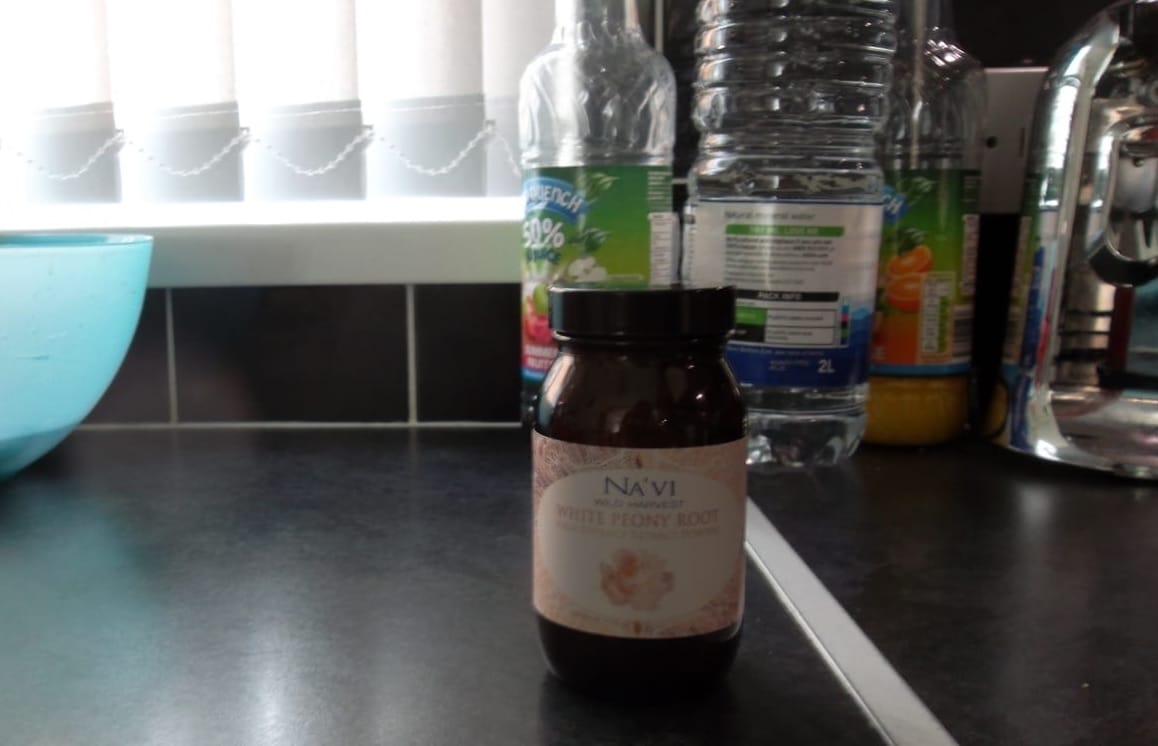
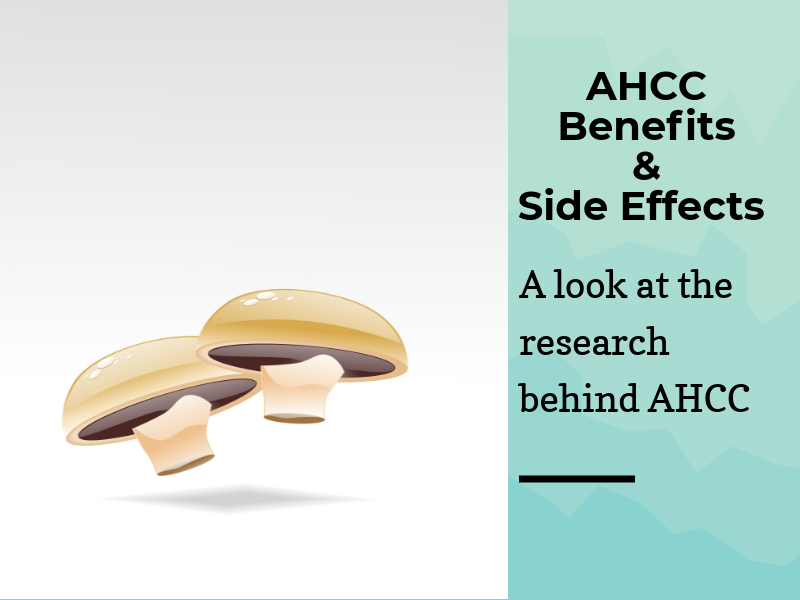
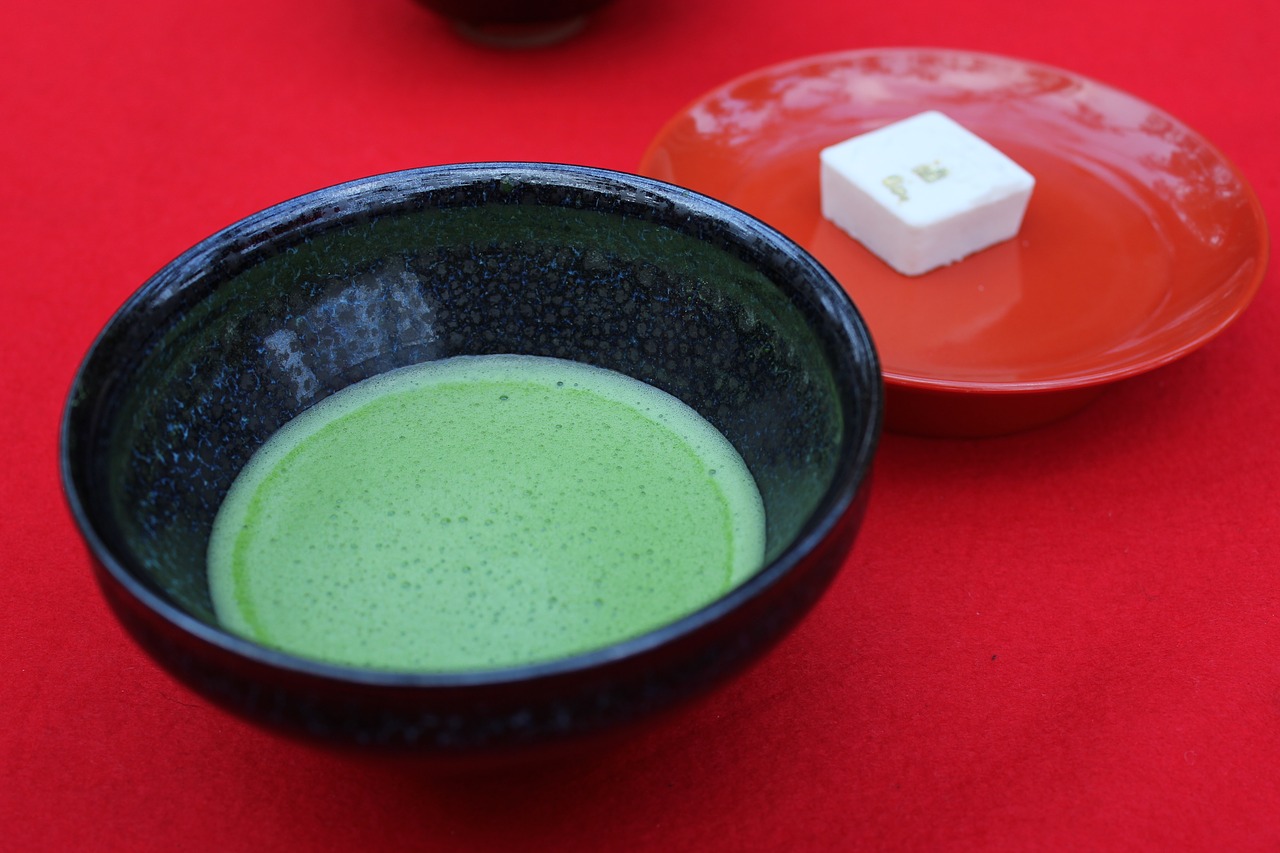
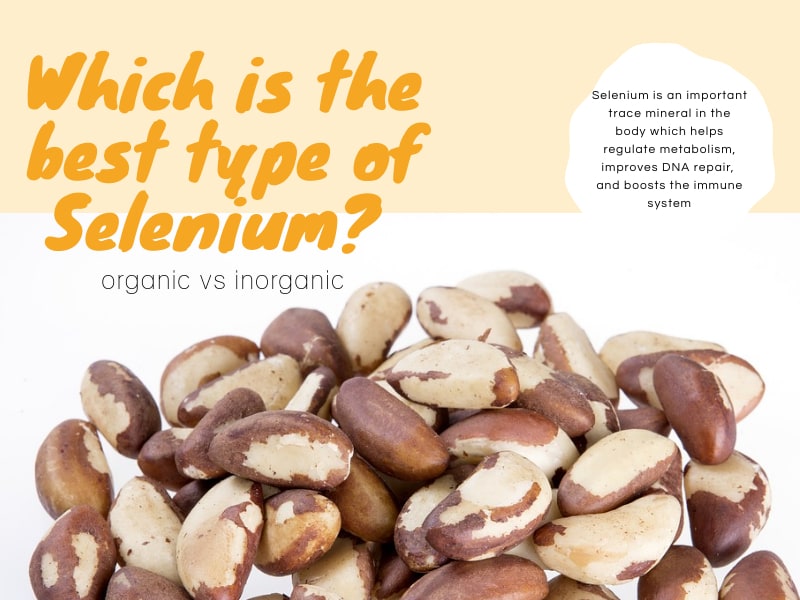
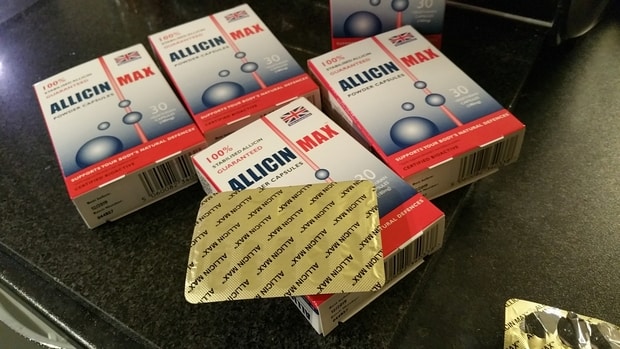

I am eating a diet high in fruits and vegetables and my allergies are still acting up, itchy eyes, etc. I remembered you wrote about this very topic, so I decided to see which Quercetin and Bromelain you recommended. When I clicked on the link containing Quercetin and Bromelain, I just was linked to an individual supplement with Bromelain, unless I made a mistake! Do you have another helpful recommendation?
In the meantime, I just remembered capers are also one of the highest sources of Quercetin, and I will pick up some to add to my salad. Adding pineapple as a small dessert sounds like a great idea.
Thank you for this great blog! It really is a great resource of information.
Best,
Pam
Hi Pam! 🙂
You can try out this quercetin + bromelain supplement
I’d also recommend trying out allicin! A lot of people have found it helpful for allergies… Check out my article here
Eating pineapple sounds good for the meantime. 😀
And I really appreciate the feedback… hope you come back and take a look around. =)
Take care
Matt